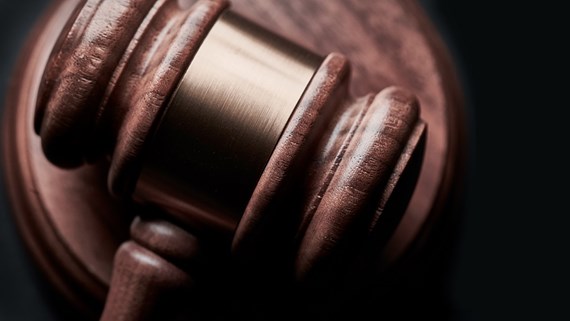What can potential witnesses learn from the Shane Sutton affair?
Insight

As was widely reported in the media, there were (by our standards within the legal sector in any event) “fireworks” when Shane Sutton, the former Head Coach of British Cycling, gave evidence as a witness at a Medical Practitioners Tribunal hearing in November of last year. The hearing had been convened to consider the General Medical Council’s case against Mr Sutton’s former colleague, Richard Freeman, and whether he remained fit to practise as a doctor. Mr Sutton was reported (it should be said in the face of some provocation from Dr Freeman’s Counsel) to have lost his temper during the course of giving evidence and to have then walked out of the hearing before finishing his evidence. One of a number of quotes attributed to him in the press included the following:
“I am going to leave the hearing now. I don’t need to dragged into this sh*tfight that this individual is trying to bring on me”.
In giving evidence, it is safe to say that Mr Sutton ripped up the rulebook (to the extent one exists) on how to best give evidence as a witness in formal proceedings. Whilst I hope it will be a fairly rare occurrence for readers, as it is never a particularly pleasant experience, I thought you might therefore be interested in what the “rules” actually are, in case you do ever have to give evidence, whether as part of internal proceedings or as part of more formal legal proceedings. There will be variants, but from my perspective the top ten pointers are as follows (over and above being truthful, which I am taking as a given):
- Do your preparation. You should make sure you have a good understanding of the documents and other underlying evidence relevant to the matter and, where witness statements are being used, make sure you know the detail of your statement.
- If giving evidence as part of more formal legal proceedings, check, in advance, with your advisers as to how the members of the panel should be addressed (for example, in the Employment Tribunal, which is my area of expertise, they would be addressed as “Sir” or “Madam”).
- Answer the question asked. It seems obvious but you should listen carefully to the question asked and then answer that question. In doing so, you should try and keep your answers concise. Some questions will beg a yes or no answer. However, most will require some further elaboration. It is best not to try and second guess what direction a line of questions is going and, certainly when giving evidence in more formal legal proceedings, you should draw comfort from the fact your own Counsel will be able to tie up a number of relevant loose ends during re-examination (which follows cross examination by the opposing party’s Counsel).
- Address your answers to the panel adjudicating over the relevant matter (even when questions are being asked of you by someone else) as they are the decision makers.
- When answering questions, keep an eye on the chair of the panel’s note taking (they may be taking notes in manuscript or typing on a laptop) and try and pause appropriately to ensure the chair can keep up with your answers.
- Don’t be argumentative, don’t answer questions with your own questions and don’t lose your cool. Cross examination is generally a difficult experience and it may feel like the questioner is seeking to get a rise out of you or trying to unsettle you. It is not, however, generally personal and it is worth remembering that your cross-examiner is simply doing their job. You should try not to react, should remain professional and courteous and should not be deflected from your side of the story.
- If you genuinely don’t know the answer to a question, don’t be worried to say you don’t know. That is better than guessing or answering based on an assumption. The same also goes for saying you don’t understand a question, where that’s the case.
- If there is a pause between questions, don’t, where you have already given the answer you wanted to give, feel any need to fill that pause.
- If you are being asked about a specific document and it would be helpful to have your memory jogged, don’t be afraid to ask to be taken to the document in question.
- Make sure your mobile telephone is on silent!
In the meantime, Dr Freeman’s medial tribunal hearing has been adjourned into 2020, as a result of his ill health. It is not anticipated that Mr Sutton will return!
If you require further information about anything covered in this briefing, please contact David Hunt, or your usual contact at the firm on +44 (0)20 3375 7000.
This publication is a general summary of the law. It should not replace legal advice tailored to your specific circumstances.
© Farrer & Co LLP, January 2020







